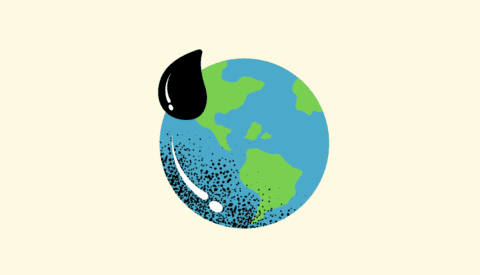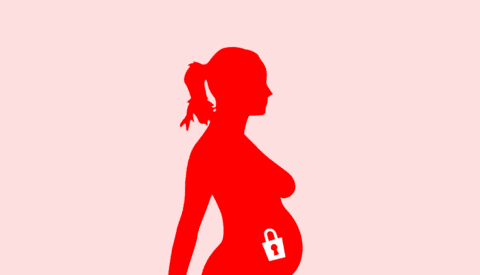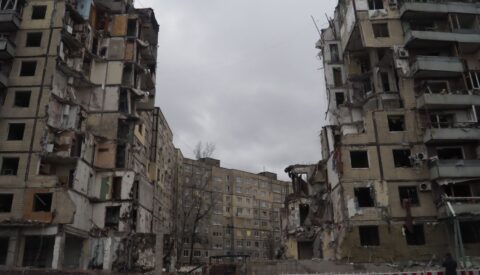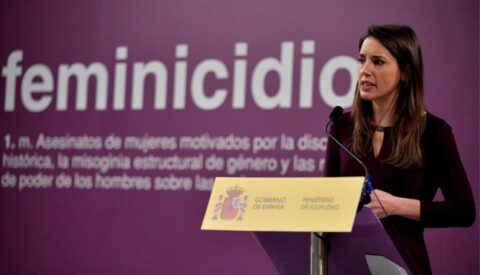Education, Internet And The Growing Risk Of A «Parallel School»
A new alternative education model is emerging online, competing unintentionally with the traditional school institution. Are we prepared for the change?
Article
2024

Article
Technological development in information and communication over the past century have provoked profound social and political change that have shaped virtually every aspect of our world. Education was often thought to be particularly open to these technological changes.
Radio and television, for example, were hailed as new ways for changing the means of learning. Yet the educational advantages of these media, even today, have not been adequately used either in-school or out-of-school systems of learning. What can we say about the appearance of the computer, the Internet, digital systems, social networks, and the current disruption of generative artificial intelligence?
What we see now is a new «parallel school» emerging in our societies that, without necessarily intending to do so, competes with the traditional school institution.
These new media and information systems, whether digital or not, develop conditioning through vocabulary, conceptual categories, and attitudes. The programs generate norms, values, and ideological contents, explicit or implicit, which tend to be related to the dominant cultural and economic model as they participate in the structure of social power.
Ultimately, they hold the potential to create lasting changes in the current social model.
Lacking educational system
Image and sound captivate our passivity. No one fails to recognize that these privacy-invasive media have triggered a crucial technological advance, which for better or for worse, has changed our social behavior and habits, and has instantly put within reach of the eye, heart and the brain whatever happens in the world.
This has, at the same time, been accompanied by the crisis of loneliness of the most advanced societies, introduced into the innermost recesses of our private life.
The human being is more inclined to adapt to the dictatorship of the media
Yet despite the monumental impact, these media have not been integrated into the formal education system. Their instructional potential is not being exploited and they are barely a decorative learning medium in the vast majority of schools around the world. This parallel school has been unintentionally allowed to be built, that of the internet, and all digital and audiovisual media, which not only impose appropriate behaviors but also glorify and reinforce violence, discrimination, superficial physical attractiveness, irreverent narcissism, the desire to accumulate, the importance of material goods over those of the spirit.
A new school that ignores minorities and puts at great risk the greatest wealth of our world, which is its own cultural diversity as the axis of freedom, creativity, transformation and progress. All of this happens without taking into account the way fiction and reality are increasingly blended on our screens.
These sophisticated means of transmission launch permanent stimuli of all kinds that compete — across content and continents — with a versatility and neurocentric plasticity that conventional schools don’t offer.
We are faced with electronic and digital development that has revolutionized the «distances», «times», «spaces» — and the dissemination of information. The human being, unprepared for change, is more inclined to adapt to the dictatorship of the media and instruments than to modify the patterns of behavior that they impose to obtain from them the appropriate and just benefit.
Imprint of society
School should teach to reflect on the media’s message in a scientific, humanistic and aesthetic way. This is a new reality demanded by the times in all epochs of change. School must break with the role of informer and promoter only of the activity of memory. Educational reform is a permanent activity of society, not some legislative manual.
The school should teach scientific, humanistic and aesthetic reflection on media messages
The true law of education is the one whose only article obliges it to change without pause, to try to keep up with the fast-moving train of social, economic, scientific, and cultural progress. Only in this way can we avoid parallel schools, since training and information would work together and converge. Education as an imprint of society would acquire its anticipatory potential. It would make it possible to form a human being capable of understanding the vertiginous world of their time, adapting to it and transforming it.
This anticipatory education requires a new dimension in the learning process. For legendary Brazilian educator Paulo Freire, the best physics student is not the one who best knows and memorizes the formulas, but the one who understands why they exist.
I would add that the best philosophy student is not the one who can lecture on Plato, Aristotle or Hegel, but the one who thinks critically about all of them — and even runs the risk of thinking for themself. The school of tomorrow has to run this risk if it aspires to put technological means at its service, rather than be controlled by them.
This content is part of a collaboration agreement of ‘WorldCrunch’, with the magazine ‘Ethic’. Read the original at this link.






